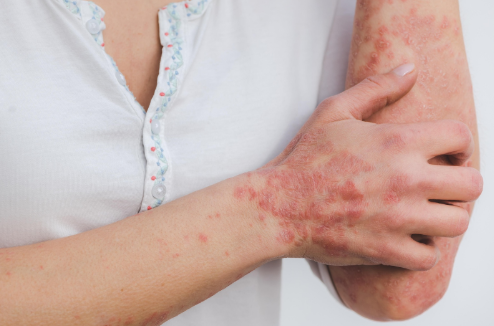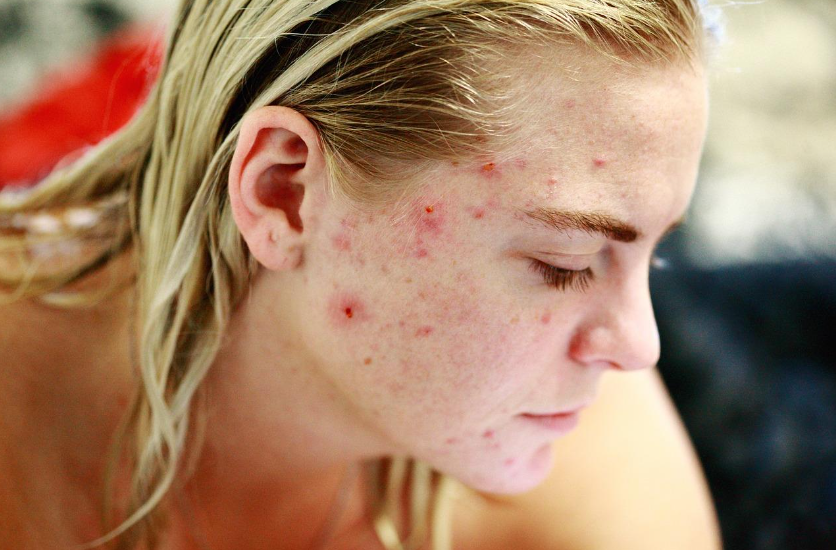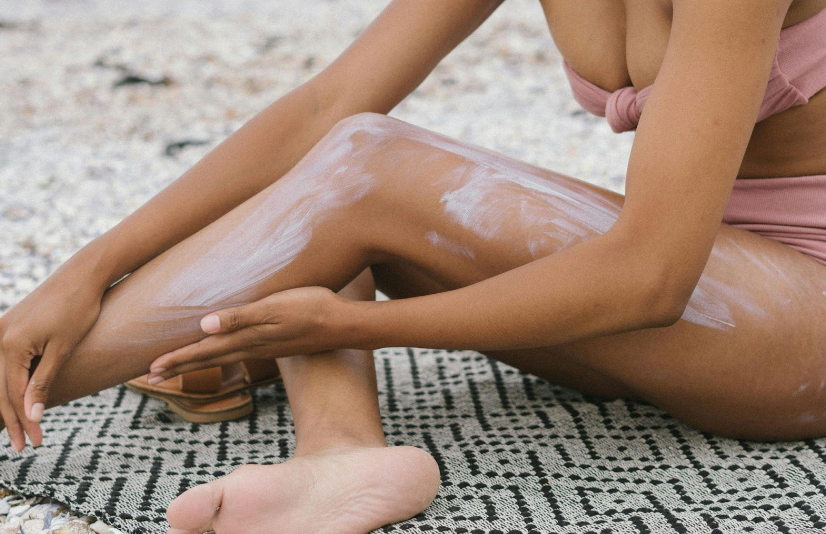Makeup Tips for Maintaining Healthy Skin
Makeup Tips for Maintaining Healthy Skin
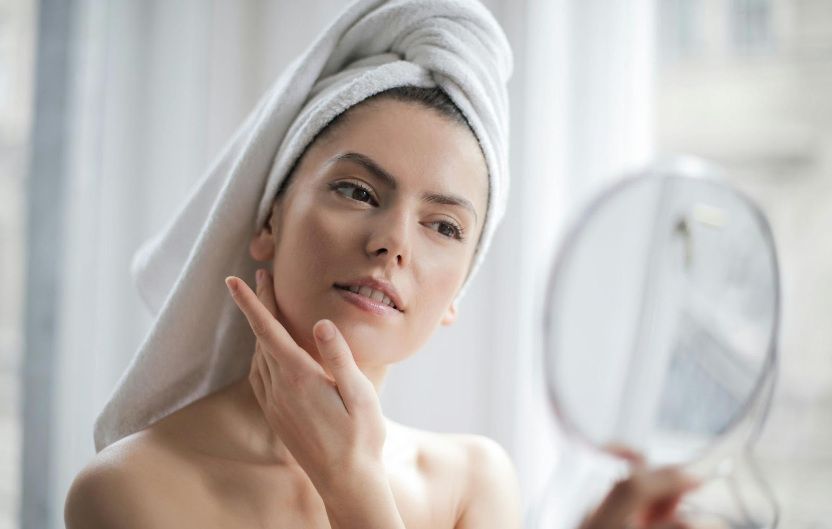
With its power to enhance features and boost confidence, makeup has become essential to many people's daily routines. However, regular makeup can also affect your skin's health, leading to breakouts, dryness, or other issues if you're not careful.
Here’s a look at how makeup can impact your skin and some tips for preserving your skin health.
The Delicate Balance Between Makeup and Skincare
Makeup can be a powerful tool for boosting confidence and self-expression, but it can also cause problems for your skin. Many makeup products contain chemicals, oils, and preservatives that can clog pores, irritate sensitive skin, or contribute to dryness. Foundations and concealers, especially those with heavy, occlusive ingredients, can trap dirt and oil on the skin’s surface, leading to acne or premature aging. Here are some ways how makeup impacts your skin:
- Comedogenicity: Some makeup products contain comedogenic ingredients, which can clog pores and lead to breakouts. This can be more common in people with oily or acne-prone skin.
- Irritation: Fragrances, preservatives, and certain chemicals in makeup can irritate sensitive skin, causing redness, dryness, and itching.
- Barrier Disruption: Harsh application techniques or frequent cleansing to remove makeup can disrupt the skin's natural barrier, leaving it vulnerable to environmental damage and dehydration.
Applying makeup can also offer some protective benefits. For instance, many foundations and powders include SPF, helping protect your skin from harmful UV rays. Plus, with advancements in skincare-infused cosmetics, some products now offer moisturizing, anti-inflammatory, or anti-aging properties. However, this doesn't mean makeup is a substitute for proper skincare.
Makeup Tips for Healthy Skin
Maintaining that delicate balance between makeup and healthy skin means adopting a routine that cares for your skin before, during, and after you apply your favorite beauty products. Let’s explore some tips that can help you preserve the balance:
Always Start with Clean Skin
Cleansing removes dirt, oil, and previous product residues that can clog your pores when mixed with makeup. Opt for a gentle cleanser suited to your skin type—whether it's oily, dry, or sensitive. This prepares your skin to absorb moisturizer and primer more effectively and helps it adhere better without causing irritation.
Apply a Primer
A primer acts as a shield between your skin and your makeup. It creates a smooth surface, helps your makeup last longer, and prevents your foundation from sinking into fine lines or pores. Some primers also come with added benefits such as hydration or oil control. You can choose color-correcting or blurring primers if you struggle with redness or uneven texture.
Don’t Ignore Hydration
Moisturizing can help balance your skin's natural oils and improve the appearance of your makeup. For example, using a cream or serum with hyaluronic acid (HA) will help draw moisture into the deeper layers of your skin and prevent the surface from drying out.
Even with oily skin, moisturizing ensures your skin remains hydrated and doesn’t overproduce oil. Choose a lightweight, non-comedogenic moisturizer if you're prone to acne, and let it fully absorb into your skin before applying makeup.
Limit Heavy Coverage
You should start with a light foundation layer and build coverage only where needed. This allows your natural skin to breathe and prevents makeup from looking cakey. Heavy foundations can lead to clogged pores, especially if worn for extended periods. This can result in breakouts, redness, and skin irritation.
Choose Non-Comedogenic Products
Non-comedogenic makeup is formulated to avoid clogging pores, which is especially important if you have acne-prone or oily skin. Focus on finding products like foundations, concealers, and powders with a non-comedogenic label. These products are typically lighter and designed to allow your skin to breathe, reducing the risk of breakouts and irritation.
Avoid Harsh Products
Be careful when purchasing makeup, especially those containing harsh ingredients like parabens, fragrances, alcohol, or silicones. These can irritate the skin and disrupt its natural barrier. Instead, you can opt for products infused with skin-loving ingredients like hyaluronic acid, antioxidants, or vitamins. These makeup-skincare hybrids can provide hydration, reduce inflammation, and offer anti-aging benefits. For example, foundations with SPF protect your skin from UV rays, while powders containing antioxidants combat free radical damage.
If you’re in doubt, your dermatologist can provide the best recommendation based on your skin type.
Remove Makeup Before Bed
Your skin undergoes a repair process overnight, and having makeup on can block your pores, leading to breakouts, irritation, and dullness. Use a gentle remover or micellar water to remove them, followed by a thorough cleanse to ensure your skin is free of dirt and impurities. It is also recommended to wear waterproof makeup around your eyes since your skin is most delicate in this area.
Consider Your Skin Type
Your skin’s reaction to makeup can differ depending on your skin type. Those with dry skin should choose moisturizing foundations, primers, and powders that don't emphasize dryness. Oily skin benefits from oil-free, mattifying products to control shine without disrupting the skin's natural balance. It's important to consider your unique needs when choosing products.
Exfoliate Regularly
Exfoliation helps to remove dead skin cells that can accumulate and make your makeup look cakey or patchy. Regular exfoliation (once or twice a week) can help smooth out your skin's texture, allowing for better makeup application. However, over-exfoliating can strip your skin of its natural oils, so be mindful of the products you use and your skin’s reaction.
Consult your dermatologist to determine which type of exfoliation (chemical or physical) best suits your skin. Remember, it’s always best to let your skin recover before applying a new layer of makeup.
Avoid Sharing Products
Makeup is a personal process, and sharing your products with others may lead to the transfer of bacteria, oil, and dead skin cells from one person to another. This can increase your risk of skin infections, breakouts, or even eye infections. Always use your own products, and make sure they are kept clean and stored correctly. This is especially true for foundation, brushes, sponges, and mascara.
Give Your Skin Breaks from Makeup
Even if you love wearing makeup, giving your skin time to breathe is essential. Wearing makeup daily without a break can prevent your skin from repairing itself naturally. Try to have at least one or two makeup-free days a week to let your skin rest. On these days, focus on hydrating and nourishing your skin with moisturizers, serums, and SPF protection.
If you're prone to breakouts, taking breaks from makeup can help reduce irritation and inflammation.
Invest in Sunscreens
One of the major causes of premature aging and skin cancer is sun damage. Opt for a broad-spectrum sunscreen with at least SPF 30 and apply it after your moisturizer but before your primer. This extra layer of protection shields your skin from sun damage, preventing dark spots, wrinkles, and even cancer. If you're worried about sunscreen making your skin oily, you can choose lightweight, non-greasy formulas that won't interfere with your makeup application.
Use Clean Tools and Brushes
Dirty makeup brushes and sponges can harbor bacteria, which can transfer to your skin and cause breakouts or infections. Make it a habit to clean your brushes and tools at least once a week with a gentle cleanser or brush cleaner. This will help maintain your skin’s health and provide better makeup application since clean brushes apply makeup more smoothly and evenly.
Watch Out for Expiration Dates
Expired makeup can lose effectiveness and even become a breeding ground for bacteria. Using expired products can lead to irritation, infections, and breakouts. Make sure to regularly check the expiration dates on your makeup, especially on liquid products like foundation and mascara.
As a general rule, replace mascaras every three months and foundations every six to twelve months. Sticking to fresh products keeps you from exposing your skin to harmful bacteria or ineffective ingredients.
Hydrate from the Inside Out
Makeup can only do so much if your skin isn’t healthy from within. Drinking enough water throughout the day helps keep your skin hydrated and glowing. Dehydration can make your skin look dull and flaky, and no amount of makeup can fully cover that up. So, stay hydrated and maintain a balanced diet rich in fruits, vegetables, and antioxidants for healthier skin.
Consulting a Dermatologist
A dermatologist can provide valuable insights if you’re experiencing persistent skin issues despite following a good skincare and makeup routine. They can help identify underlying skin conditions that may require specific treatments, such as acne, rosacea, or eczema. They can also recommend products suited to your skin type and lifestyle, ensuring you get the most out of your skincare and makeup routines.
Moreover, dermatologists can offer guidance on treatments like chemical peels, laser therapy, or prescription medications that may improve skin texture, reduce pigmentation, or minimize the appearance of pores. If you love makeup but want to avoid damaging your skin, a dermatologist's advice can make all the difference.
Remember, the best makeup routine for your skin is the one that works for you. While the tips above offer a foundation for healthy makeup practices, individual skin concerns may require personalized solutions. At
Pine Belt Dermatology, we can provide tailored advice and treatment plans to address your skin needs.
Contact us today to book a consultation!
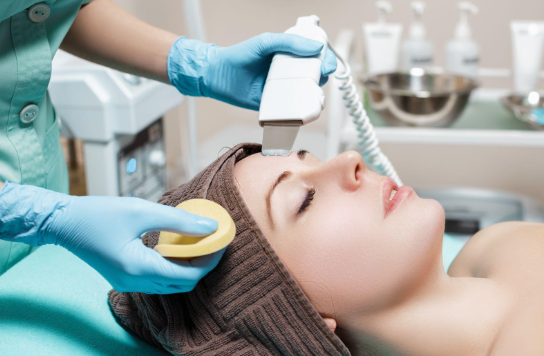
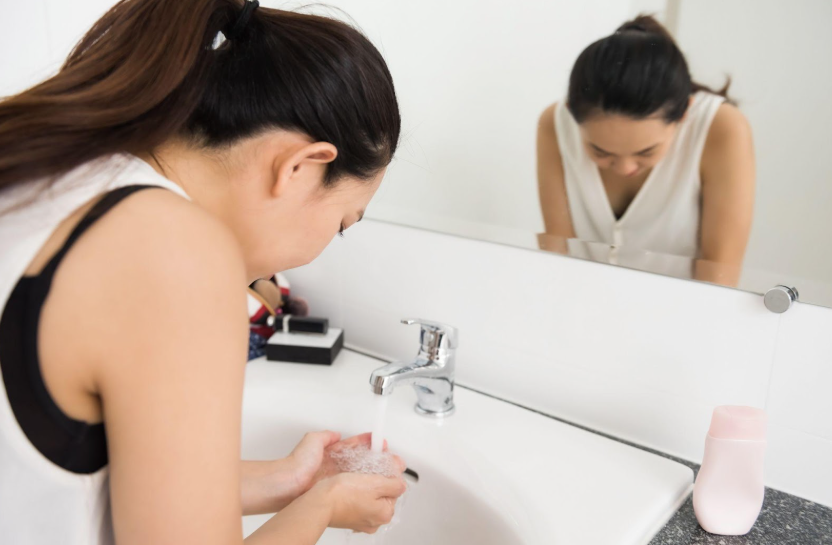

Petal Office
Phone:
Fax:
601-336-7826
Address:
Hours of Operation:
Mon-Fri: 8:00am to 4:30pm
Hattiesburg Office
Phone:
Fax:
601-475-9969
Address:
Hours of Operation:
Mon-Fri: 8:00am to 4:30pm
Ellisville Office
Biloxi Office
Phone:
Fax:
228-232-0874
Address:
1009 Tommy Munro Drive, Suite A
Hours of Operation:
Mon-Fri: 8:00am to 4:30pm
Ocean Springs Office
All Rights Reserved | Pine Belt Dermatology

